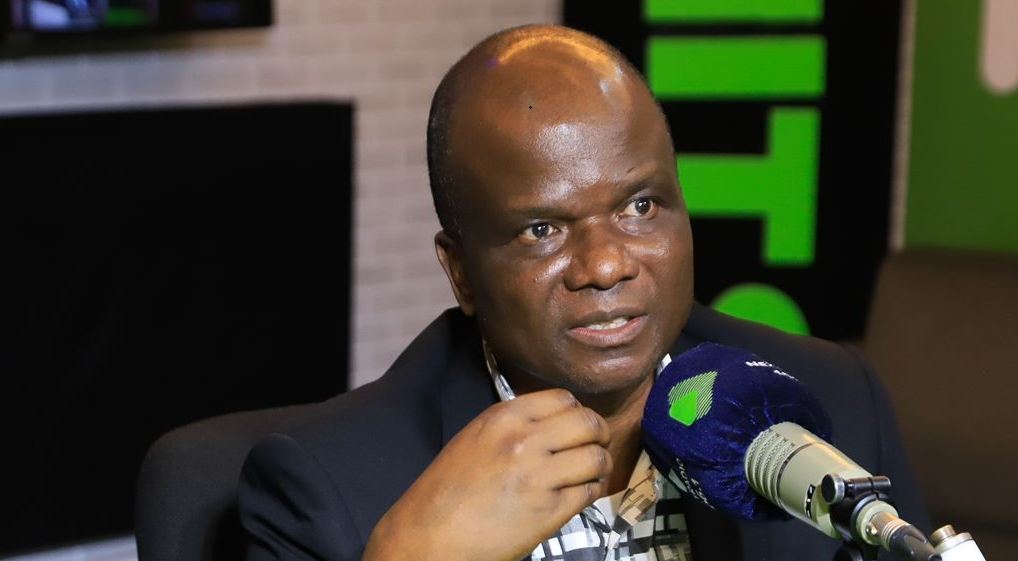
In light of the recent Executive Order by U.S. President Donald Trump, which affected the distribution of life-saving HIV/AIDS medications globally, the Uganda AIDS Commission (UAC) has reassured Ugandans living with HIV that access to antiretroviral (ARV) therapy will remain uninterrupted.
This comes after concerns were raised about the potential impact of Trump’s Order on Uganda’s ongoing fight against HIV/AIDS.
It is important to note that shortly after his inauguration this month, President Trump signed an executive order that posed significant challenges for international health aid, including the disruption of funding to countries heavily reliant on support for HIV/AIDS programs. Uganda, which has made significant strides in the fight against HIV, particularly through the President’s Emergency Plan for AIDS Relief (PEPFAR) and other international aid, found itself at the heart of this global concern.
Following the development, all HIV implementing partners supported by the US Government have since received guidance to start implementing the Executive Order.
However, in a statement issued this week, the Uganda AIDS Commission (UAC) has given the assurance that, despite global policy shifts, Ugandan citizens living with HIV will continue to receive access to essential ARVs.
The UAC emphasized that the Ugandan government remains committed to providing free HIV/AIDS treatment for those who need it.
Speaking about the matter during an interview on Next Radio this week, Dr. Nelson Musoba, the Director General Uganda AIDS Commission, revealed that the Commission is working with The AIDS Support Organisation (TASO) and the Ministry of Health to ensure that people living with HIV/AIDS continue having access to health services.
“We have reached out to our colleagues at TASO, and while the programs that were being funded directly by the U.S. government money will be affected, they are not closing shop per se,” Dr. Musoba said.
He added that: “There are innovations around HIV prevention with several other discoveries to reverse this progress, although the funding freeze by the US is a major setback.”
What This Means for HIV Patients
Uganda has one of the largest HIV-positive populations in East Africa, with an estimated 1.4 million people living with HIV. The access to ARVs has been critical in reducing the spread of HIV and improving the quality of life for those affected by the virus.
In Uganda, the UAC has been at the forefront of managing the national HIV response. According to Uganda’s Ministry of Health, over 90% of people living with HIV in Uganda are now receiving ARVs, thanks to robust international support and government initiatives. Despite the challenges posed by the new U.S. executive order, the UAC has ensured that programs to provide these life-saving medications will continue to reach those in need.
Commitment to Local Production
While Uganda heavily relies on external support, the country has also been investing in local ARV production. In 2023, Uganda began producing generic ARVs at the Uganda Pharmaceutical Manufacturers Association (UPMA), with the aim of reducing dependence on foreign aid and improving self-sufficiency in the fight against HIV/AIDS. The National Medical Stores (NMS) is working with both local and international stakeholders to ensure that ARVs are available nationwide, particularly in rural and underserved areas.
Uganda’s Ongoing HIV/AIDS Response
The assurance from the Uganda AIDS Commission comes at a critical time when Uganda has made significant progress in reducing new HIV infections, with the prevalence rate dropping from 7.3% in 2011 to 6.0% in 2024, according to the Uganda Demographic and Health Survey (UDHS). However, challenges remain, including high rates of new infections among youth and certain high-risk groups.
The government of Uganda, through the National Strategic Plan for HIV/AIDS 2020-2025, continues to focus on prevention programs, such as promoting condom use, voluntary male circumcision, and HIV counseling and testing.
International Support and Regional Partnerships
Uganda’s partnership with international donors, including the United States through PEPFAR, has been instrumental in providing funding for treatment programs and prevention initiatives. Despite the global challenges, Uganda’s regional partnerships, such as with the East African Community (EAC) and other international organizations, are continuing to support the fight against HIV.
In fiscal year 2023, the U.S. disbursed USD72 billion in assistance, and provided 42% of all humanitarian aid tracked by the United Nations in 2024.
However, following this development, it is highly likely that people living with HIV in Uganda and across Africa shall be greatly affected by this freeze which is already denying them access to medication.
